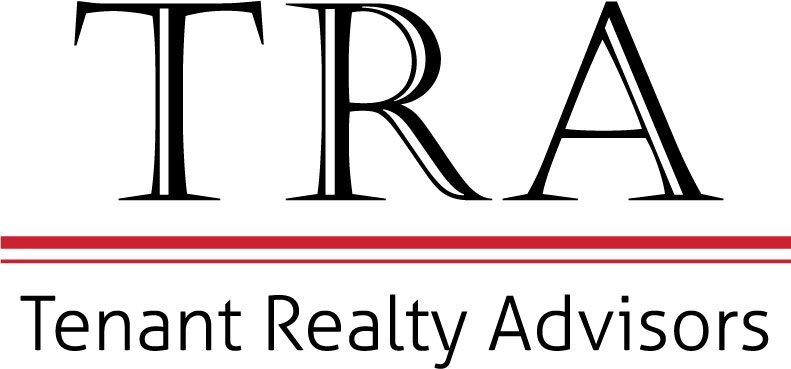This past August, the U.S.-based Financial Accounting Standards Board (FASB) and the European-based International Accounting Standards Board (IASB) jointly prepared a new standard for lease accounting. It’s not clear when the changes will be mandated, but it is assumed the effective date will fall somewhere between 2012 and 2013.
What is it? Simply stated, the new lease accounting standard will place all lease obligations on company balance sheets as a liability. Basically, these changes will make companies less valuable on paper. This is significant if you are a publicly traded company; and possibly more so if you are valuing your privately held company for sale, applying for credit or luring talent through the worth of your company.
Leases on Balance Sheets – What does it mean?
Under the new rules, companies will add leases as both a “Right of Use” asset and a “Lease Liability” on the balance sheet. It appears that they cancel each other out…so who cares, right? Wrong! The problem is on the income statement. Instead of rent, you have an amortization of that asset on one side of the ledger and “imputed interest” on the liability, on the other. Technically speaking, the actual rent you pay is divided into the imputed interest portion and a pay down of the liability portion.
This means that in the same way you pay mostly interest at the start of a mortgage, these new standards treat rent liability similarly to how interest and principle are treated in an amortizing loan. In other words, the income statement will be skewed against you in the early years of a lease and in your favor in the later years. Your asset is offset by a liability of more than its value in the early years and less in the latter years of the lease.
The new accounting also requires tenants to evaluate the likelihood of their exercising options-to-renew (and also, presumably, options-to-expand). If you’re likely to renew a lease with an option to renew, you would include the obligations during that extension period in the amount that goes onto the balance sheet.
Most tenants will not like this element of the new accounting, especially including obligations related to the extension period, because it will increase the amount that goes on the balance sheet. Companies, in general, will want to minimize that amount because the higher the amount of liabilities shown on a company’s balance sheet, the riskier will the company look to investors.
No matter the size of the company, the value of leases added to the balance sheet will be surprising to many. For example, in a sampling of retail and services companies, it was estimated that Walgreens would add $35 billion in obligations to its corporate balance sheet as a lease obligation. Tech companies, such as Hewlett-Packard, Google and Microsoft, will each be impacted by $2.5 to $3.5 billion. (Source: Bob Cook, “The New Accounting Standard and You” July 2010)
Own vs. Lease – what makes sense?
Most companies chose to lease vs. own their office space for two reasons. One, they want to put their working capital into the business, not the real estate. Two, they do not want assets on their balance sheet that do not have an appropriate off-setting ROI to balance them out.
Under these new accounting rules, leased space on the balance sheet will be treated in the same way as if you owned the property – so one of the two big reasons to lease vs own is gone. Still, the question of what to do with working capital will keep lots of people renting their space.
Bottom line – what should you do?
Under these new rules, your balance sheet looks better if you sign short leases, but should you? It’s a business decision. Those making real estate decisions for their firms with respect to lease term will need to weigh how important it is to them to have better earnings on paper in the immediate future (or early years of a lease), versus locking in a long term lease deal with fixed costs that perhaps takes advantage of favorable market conditions, or provides a certainty of occupancy if you’ve made an investment in tenant finishes.
It is yet to be determined what the impact of these new rules will be on lease negotiations, since typically longer leases are favored by lenders and landlords providing core shell finishes and other incentives.
Answering the question comes back to the issues. How likely is it that you’ll need to use your financial statements to communicate your financial position – to banks, lenders, share-holders, new potential partners? What’s really happening in the real estate market? These are issues to be talked through carefully with your accountant, attorney and real estate broker. Now more than ever, it will be important to talk to a commercial real estate broker who is on your side.
